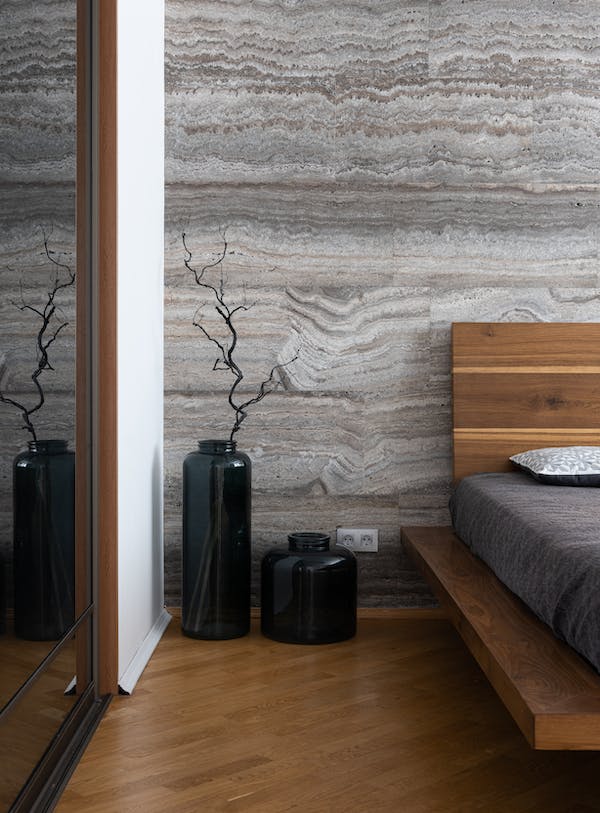Substance abuse is a significant public health problem. It is estimated that 23.5 million individuals in the United States are in need of treatment for alcohol or drug abuse. Among people aged 18 or older, approximately 19.7 million people were current users of illicit drugs and 16.3 million people were current drinkers of alcohol. Substance abuse has a vast range of health repercussions like depression, suicide, and heart disease. To optimize the chances of complete recovery from substance abuse, residential rehabilitation treatment is considered to be one of the most effective forms of treatment.
Residential rehabilitation is comprehensive round-the-clock care in a safe, supportive environment. In this method of treatment, the patient is removed from friends and family and placed in a residential facility. There, they have access to a wide range of individuals and services that can help them address the physical and mental issues of substance abuse. Medical professionals are available to monitor progress and provide medical treatment when needed. Additionally, experienced counselors work with the individual to help them understand the causes of addiction and provide necessary support and guidance.

The effectiveness of residential rehabilitation for treating substance abuse is twofold. Firstly, it helps reduce the risk of relapse by providing a safe and structured environment in which recovering individuals can work towards recovery. This environment allows the individual to slowly benefit from the opportunity to gain new perspectives, insights, and skills to prevent the return of substance abuse.
Secondly, residential rehabilitation makes it possible for the individual to spend extended periods of time receiving treatment under the close supervision of experienced addiction professionals. This allows for a more holistic and comprehensive approach to treatment which can be tailored to the individual’s needs. This type of therapy provides an excellent opportunity for the recovering individual to learn how to manage their addiction better and build essential recovery skills.
The educational piece of residential rehabilitation is also a compelling point. Patients in this program can further their educational needs which can help them to better manage the stressors of everyday life. Additionally, there are also one-to-one and group therapy sessions that work on addressing the underlying causes of substance abuse by addressing the psychological issues & motivations behind an addiction.
Overall, the effectiveness of residential rehabilitation for substance abuse is clear. This type of treatment can provide a safe, supportive, and comprehensive approach to recovery that can allow individuals to address the root causes of their addiction and develop essential tools to prevent relapse. Residential rehabilitation also gives individuals the opportunity to further educational goals and the opportunity to take a break from the stresses of everyday life. Residential rehabilitation programs are a vital resource for anyone looking to recover from addiction and regain control over their lives.








